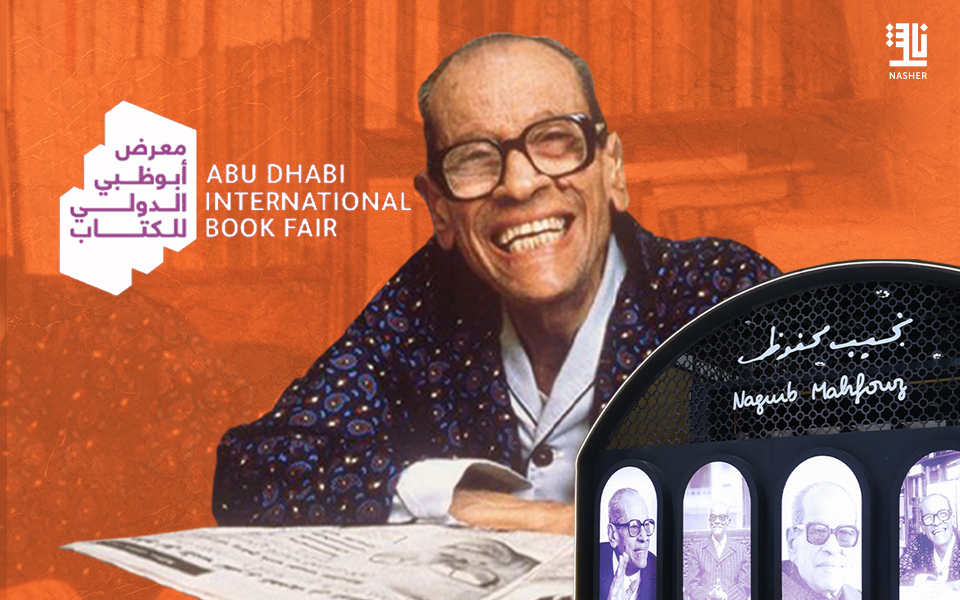The inaugural session of the Focus Personality program at the 33rd Abu Dhabi International Book Fair (ADIBF 2024), titled “Naguib Mahfouz: A Mirror of History and Society,” convened at the Abu Dhabi National Exhibition Centre (ADNEC).
Gathered at the Memphis Stage within the Fair’s premises, distinguished intellectuals graced the occasion, including Dr. Ahmed Zayed, Director of Bibliotheca Alexandrina; Dr. Muhsin Al-Musawi, Professor of Classical and Modern Arabic Literature at Columbia University – New York; Dr. Mohammed Afify, Professor of Modern and Contemporary History at Cairo University; and Dr. Said Bensaid Al Alaoui, Honorary Professor at Mohamed V University. The session was deftly moderated by author Reem Bassiouney.
Dr. Ahmed Zayed illuminated Mahfouz’s societal resonance, remarking, “Naguib Mahfouz towers as a universally celebrated literary luminary. His oeuvre, imbued with philosophical depth, paints a vivid portrait of society, particularly its neighborhoods. Within these narratives lie the struggles and aspirations for justice and reform, especially among the middle class, serving as a microcosm of the broader Arab milieu.”
Dr. Mohammed Afify delved into Mahfouz’s historical inquiry, observing, “History permeates Mahfouz’s narratives, reflecting his profound preoccupation with its weight and significance. Notably, ‘Before the Throne’ stands as a testament to Mahfouz’s narrative mastery, spanning Egypt’s leadership from antiquity to modernity.”
Echoing these sentiments, Dr. Said Bensaid Al Alaoui questioned the dichotomy between “novel” and “history,” asserting, “Mahfouz’s novels blur this boundary, offering nuanced insights into both realms. Through his literary tapestry, Mahfouz crafts a rich tableau of Egypt’s historical trajectory, offering a window into the construction of societal identity.”
Dr. Muhsin Al-Musawi, author of ‘The Unravelling of the Sacred Contract: Arabic Fiction after Mahfouz,’ underscored Mahfouz’s transformative impact on Arabic literature, noting, “Mahfouz’s narratives chronicle the existential angst of individuals amid societal flux, cementing his legacy as a trailblazer in the Arabic literary canon.”
In conclusion, Dr. Al-Musawi lamented the oversight of Mahfouz’s societal insights in academic discourse, emphasizing the enduring relevance of Mahfouz’s literary legacy in understanding Arab society.







